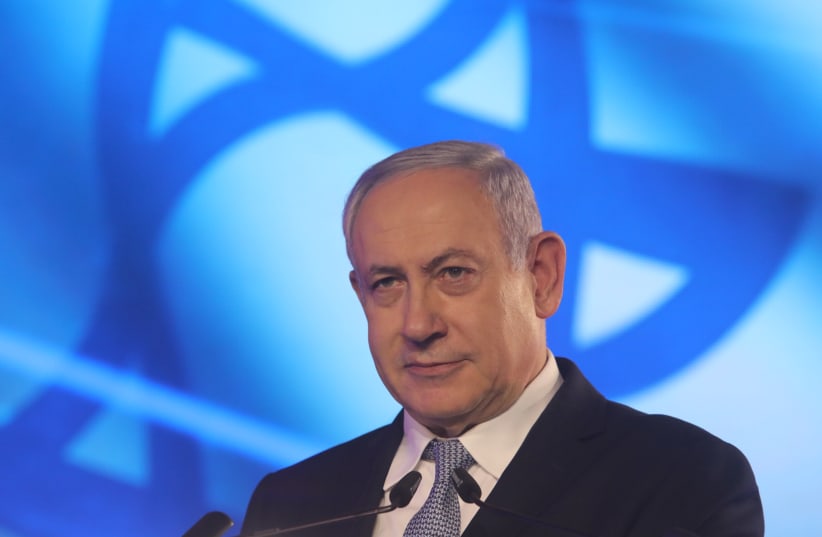Benjamin Netanyahu’s indictment plummets Israel into political turmoil
Netanyahu is fighting for his political survival as Israel faces the prospect of its third election in under a year with a prime minister facing charges of bribery, fraud and breach of trust.
